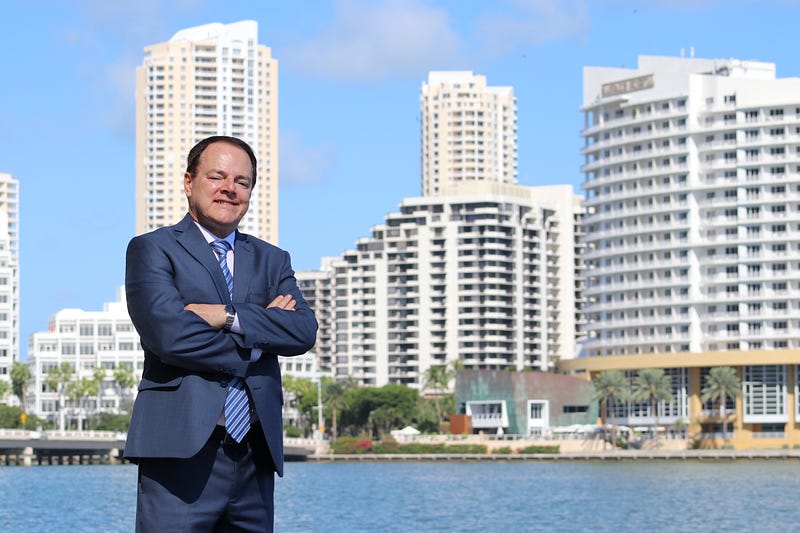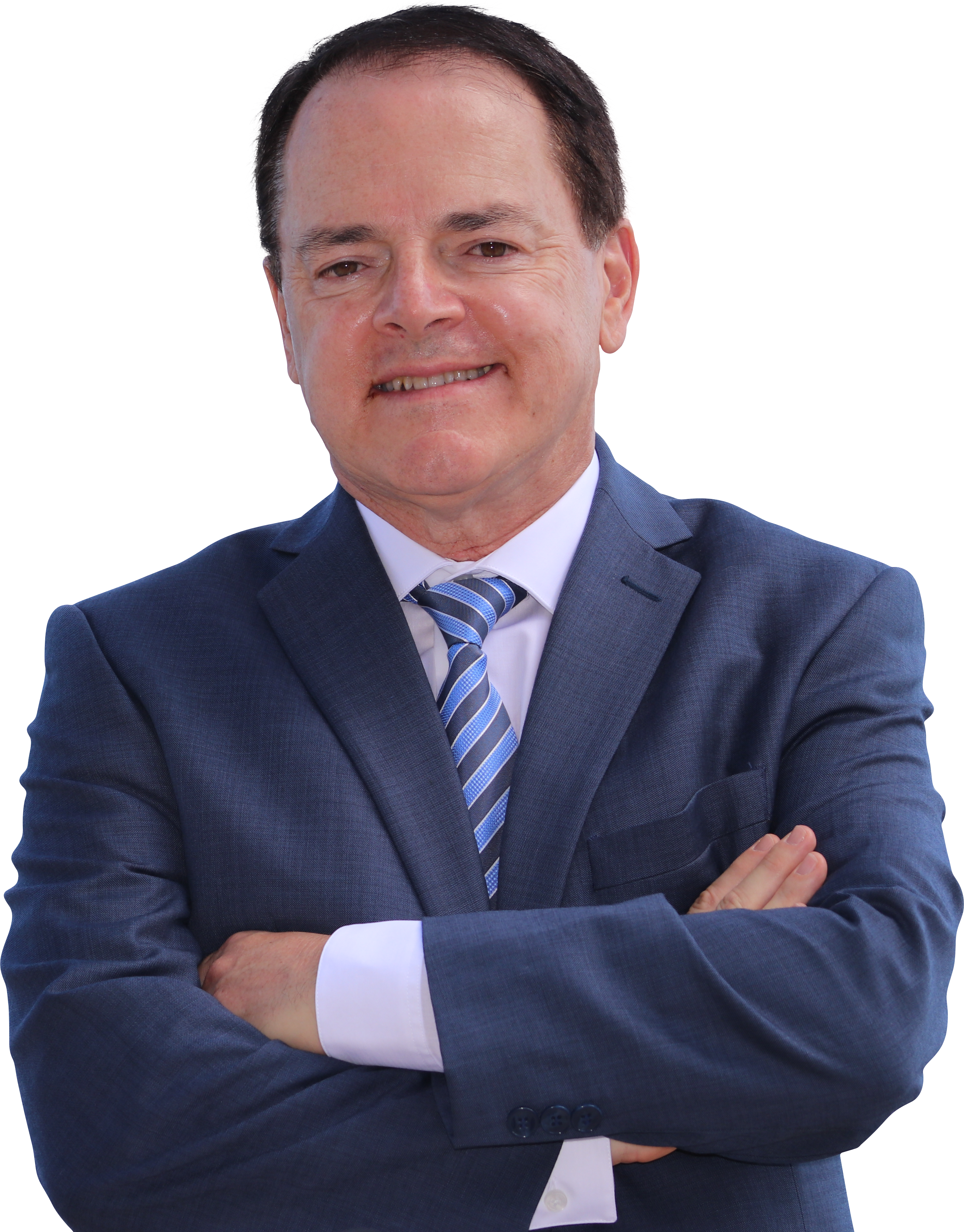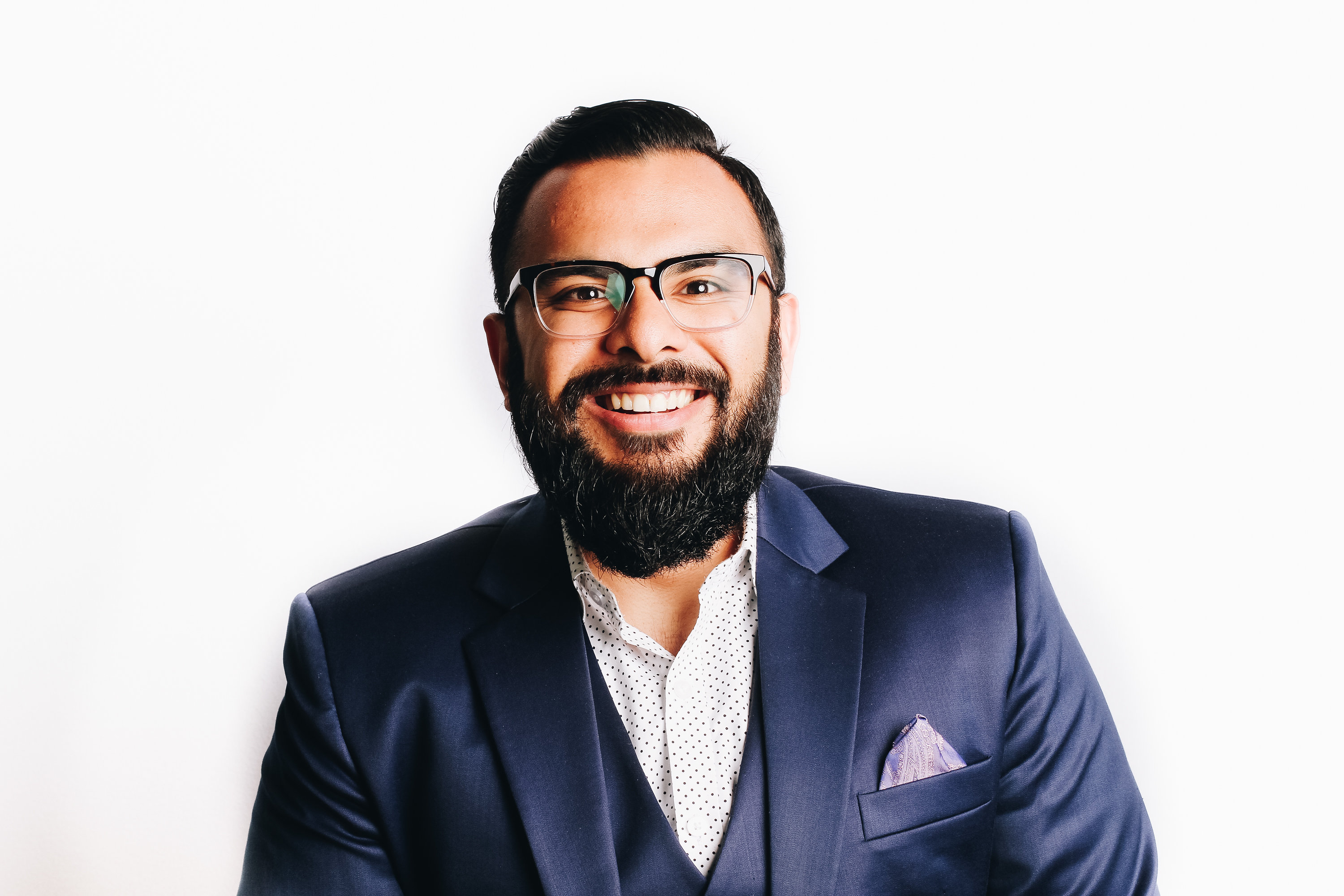As a part of my interview series with prominent medical professionals about “How To Grow Your Private Practice” I had the pleasure of interviewing Dr. Fausto Viterbo.
Dr. Fausto Viterbo is the first micro plastic surgeon who has invented a nerve transplant technique as a solution for male impotency. Dr. Viterbo discovered a unique way to connect peripheral nerves, which grow together with a six hour non-invasive surgery. The procedure involves cutting a healthy nerve and connecting end-to-end to an non-healthy nerve.

Thank you so much for joining us! Can you tell our readers a bit about your “backstory”?
I attended medical school and during the fifth year of the course, I met plastic surgeon, Dr. Sylvio Zanini, who did cranial facial plastic surgery for patients with deformities and trauma. I learned alongside him to improve my craft. I discovered there was more to be done with plastic surgery, other than aesthetically, but also in regards to functionality. I did my residency with Professor Georgy Miguel, the pioneer in cranial facial surgeries, and at the end of residency, I felt we could do more to help with micro-surgery. A new frontier came to mind, and with special courses (Masters and PhD), I was able to work in labs and do research on rats, and then on patients. I then became a professor at a university and found a way to connect nerves, which opened the opportunity to repair nerve problems. I introduced new techniques for facial palsy issues and to regain smell with nerve grafts. I also assisted paraplegic patients to gain sensation again. My passion is aesthetic surgeries, which include, face, nose and breast surgeries. I am able to return smiles for those who don’t have any.
What made you want to start your own practice?
I started my own practice after my residency was complete and opened my own office and clinic. It is very common to do this in Brazil, because we have opportunities to do private surgeries, to earn more money and to continue studying and continuing education. This allowed for more personal and financial freedom for me and my family.
Managing being a provider and a business owner can often be exhausting. Can you elaborate on how you manage both roles?
It is not easy — I work a lot, but fortunately I love what I do and I get excited with the results of surgeries. It gives me energy to see my patients healthy and happy. I have a great, strong team that has worked with me for years, and I cannot do my job well without them.
As a business owner, how do you know when to stop working IN your business (maybe see a full patient load) and shift to working ON your business?
I don’t intend to retire anytime soon, although as I get older, I will be decreasing the hours per day in the business, but will be working even when I am 80 years old. I will continue to do research, small surgeries and keep a young team working for me, testing new ideas and techniques and always being a pioneer in the industry.
From completing your degree to opening a clinic and becoming a business owner, the path was obviously full of many hurdles. How did you build up resilience to rebound from failures? Is there a specific hurdle that sticks out to you?
It’s not easy when you begin. You make a lot of mistakes and suffer. I used to pray and asked G-d to help me find a solution. But at the end of the day, I kept pushing on, kept my head up and survive, to inspire future doctors and to continue helping my patients and improving their daily lives.

What are your “5 Things You Need To Know To Grow Your Private Practice” and why?
The first thing is to be honest with your patients. I learned from the beginning that the patient should know everything, ranging from the risks to the benefits. Always share problems and complications, as well as positive results.
Second, put yourself in the patient’s place and try to imagine what the patient is thinking or how he/she would like to be treated and cared for. This really helps.
Third, I talk with myself during the surgery. I think and ask if I can do this better. I pay attention and always strive to do stitching and details in a better way. Sometimes you can, and sometimes it is impossible. This allows me to realize I am doing the best I can. When I leave the operating room, I know I did everything humanly possible to make the person’s life better.
Fourth, be honest about financials with the patient and make them aware that they are paying for your value and your skill. It must be very clear so there are no issues. Sometimes, surgeries can be done for a lower financial price, so I will do this when I can.
Fifth, have a good team and push them to work harder and be better to the patients. As soon as the patient calls, or when he/she goes to surgery, give 110%. The patient and families should be well attended to and supported.
The environment where the patient is treated should be welcoming. It should smell and look good. Nurses and secretaries should be well trained, polite, smiling and sympathetic. It is the details that make the difference.
Many healthcare providers struggle with the idea of “monetization”. How did you overcome that mental block?
Healthcare is difficult- always stay and advance to be on the frontier. The field I was in paid less, so I have my price and the patient pays this price, and then tries to get reimbursement from healthcare. Sometimes they get 50% back, but they are happy they got a very good treatment, with the amount of detail involved in the surgery.
What do you do when you feel unfocused or overwhelmed?
When I am unfocused or overwhelmed, I try to rest. I take time to myself and sit in my office or go home and take an hour to relax or sleep for an hour. I come back refreshed, with energy and enthusiasm.
I’m a huge fan of mentorship throughout one’s career — None of us are able to achieve success without some help along the way. Who has been your biggest mentor? What was the most valuable lesson you learned from them?
I have two great mentors. The first is Dr. Sylvio Zanini who I started working with as a student and during plastic surgery residency. He ended up becoming paralyzed, but his brain worked perfectly. After a few years, he did cranial facial surgeries. I stayed with him and helped him with surgeries, and learned a great deal from him. I would act as his hands and he would guide me on where to cut and where to stitch. This was the best way to learn, and he felt good being the leader and the chief. We did this for 10 years. I needed to choose an advisor for my PhD, so I chose a urologist who helped me with my Masters degree. He loved all of my crazy ideas and pushed me to try them. We tested them on animals and they were very successful, and found the same results in humans after some years. He always supports me and we work together on many projects. He is a very humble man and they shaped my career.
What resources did you use (Blogs, webinars, conferences, coaching, etc.) that helped jumpstart you in the beginning of your business?
In the beginning, I created new techniques and presented them in medical meetings, which made me well-known. The doctors would refer patients to me and this allowed me to grow and become successful.
What’s the worst piece of advice or recommendation you’ve ever received? Can you share a story about that?
Someone once told me I wouldn’t be able to start my own practice and follow my passion and I didn’t listen. I followed my dream and kept on the path, and here I am with my own practice and changing people’s lives for the better.
Please recommend one book that’s made the biggest impact on you?
I remember reading a book after finishing my residency written by a psychiatrist that was about living a free life, finding strength within yourself, and doing exactly what you want to do by connecting with yourself. Try to do things that make you happy and make you feel free. In the beginning of my career, all of the plastic surgeons had an attitude about everything, and I did not do that. I tried to be myself and always spoke my true opinions and I was accepted by my colleagues.
Where can our readers follow you on social media?
https://www.instagram.com/drfausviterbo/?hl=en
https://www.pinterest.com/pin/852658141921147622/

For other incredible interviews, please check out our podcast: Healthcare Heroes.
A special thanks to Dr. Viterbo again! The purpose of this interview series is to highlight the entrepreneurs, innovators, advocates, and providers inside Healthcare. Our hope is to inspire future healthcare providers on the incredible careers that are possible!
Stay in the loop — Follow NPHub to get the latest updates when we post new interviews: Facebook, Instagram.


